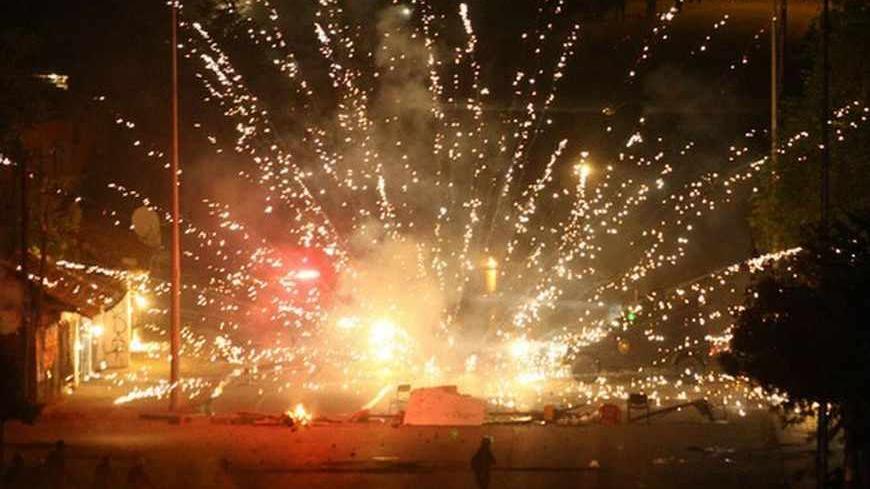The Sunni-Alevi divide has historically been one of Turkey’s most sensitive fault lines. It still has the potential to explode violently as a number of horrific experiences in recent history have shown. Prime Minister Recep Tayyip Erdogan’s Justice and Development Party (AKP) is said to be working to increase rights for Alevis. Press reports indicate that it will announce a “democratization package” soon which will incorporate steps to the benefit of Alevis.
In the meantime, the foundation for a building complex that will house a mosque and a “cemevi,” the Alevi house of worship, was ceremonially laid last week in Ankara.



